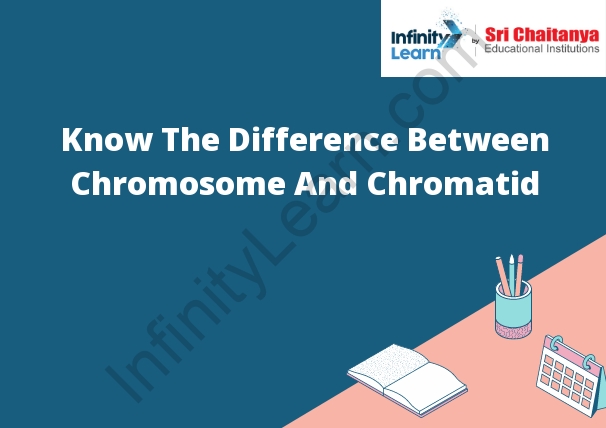Table of Contents
What is the Difference Between Chromosome and Chromatid ?
The main difference between chromosome and chromatid is that chromosomes are single, long DNA molecules while chromatids are the two halves of a chromosome that are still attached to each other. Chromosomes are made up of two chromatids, while chromatids are made up of one chromosome.
Chromosomes are the basic structure of DNA. They are made up of two chromatids, which are each made up of a strand of DNA. Chromatids are the two halves of a chromosome that are still attached to each other. Chromosomes are single, long DNA molecules, while chromatids are the two halves of a chromosome that are still attached to each other.

Structure of Chromosomes
A chromosome is a long, thin, DNA molecule that is found in the nucleus of cells. Chromosomes are organized into structures called chromosomes bands. The bands are numbered from the centromere, which is the point where the chromosome attaches to the spindle, to the telomere, which is the point where the chromosome ends.
Difference between Chromosome and Chromatid
The terms chromosome and chromatid are often used interchangeably, but they are not actually the same thing. Chromosomes are the structures within the nucleus that are made up of DNA. Chromatids are the individual strands of DNA within a chromosome. A chromosome is a single, long DNA molecule that is coiled up inside the nucleus of a cell. Chromosomes carry the genetic information of a cell. Chromosomes are made up of two chromatids, which are identical DNA molecules that are attached to each other at the centromere.
Structure of Chromosomes
A chromosome is a long, thin strand of DNA. Chromosomes are found in the nucleus of a cell. The DNA in a chromosome is wound around proteins called histones.
The Difference Between The Prokaryotic and Eukaryotic Chromosome Is As Follows –
The prokaryotic chromosome is a single, circular DNA molecule. The eukaryotic chromosome is a linear DNA molecule that is organized into chromosomes. The prokaryotic chromosome is a single, circular molecule of DNA, whereas the eukaryotic chromosome is a linear molecule of DNA that is associated with proteins to form a chromosome. The prokaryotic chromosome is naked, meaning that it is not associated with proteins, whereas the eukaryotic chromosome is packaged with histones to form a nucleosome. The prokaryotic chromosome is also less condensed than the eukaryotic chromosome.
Comparison between Chromosomes and Chromatin
Chromosomes are composed of DNA and proteins. They are located in the nucleus of the cell. Chromatin is the complex of DNA and proteins that make up chromosomes. It is located in the nucleus of the cell. Chromatin is less dense than chromosomes. Chromosomes and chromatin are both important parts of cells. Chromosomes are made up of DNA, while chromatin is made up of DNA and proteins. Chromatin helps to package and control the DNA inside of cells. Chromosomes play a role in cell division, while chromatin helps to regulate gene expression.






